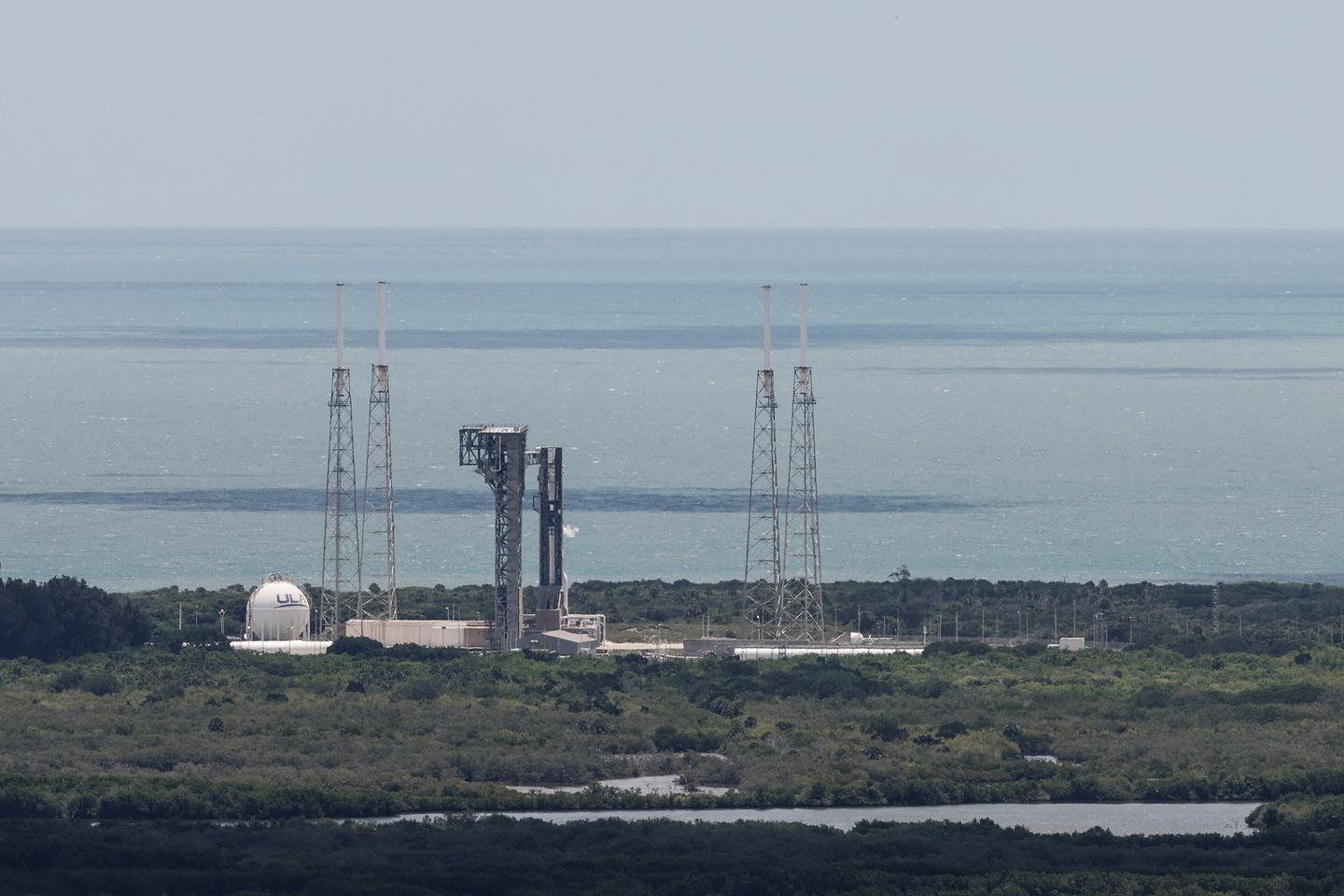
The launch of the Boeing Starliner spacecraft to the International Space Station has been canceled again, less than four minutes before launch

The launch of the Boeing Starliner spacecraft on Saturday 1 was cancelledany NASA announced that June was less than four minutes away from launch, due to a technical issue that was not immediately clearly identified.
This is the second liftoff postponement in less than a month for this mission, which would allow Starliner to transport NASA astronauts to the International Space Station (ISS) for the first time.
It was scheduled to take off on Saturday at 12:25 pm from Cape Canaveral in Florida (6:25 pm Paris time). NASA astronauts Butch Wilmore and Sonny Williams, two space veterans, were strapped into the capsule and positioned atop a ULA Atlas V rocket.
But the countdown was stopped at the last minute by a system that was turned on automatically, for a reason that is still unknown, NASA explained. Teams from ULA, Boeing and NASA then positioned the rocket in a secure configuration so the two astronauts could eject.
Back-up launch dates are theoretically possible on Sunday, as well as next Wednesday or Thursday, but an analysis of the problem encountered must be carried out before announcing a new date.
Boeing is risking its reputation
Only a few American ships have carried astronauts in the past. After the space shuttles were shut down in 2011, NASA astronauts were forced to travel aboard a Russian Soyuz spacecraft.
In order to put an end to this dependence, in 2014 the US space agency signed a contract worth $4.2 billion with Boeing and $2.6 billion with SpaceX to develop new ships.
To everyone's surprise, SpaceX largely outpaced Boeing by flying its first astronauts to the International Space Station in 2020. Once Starliner is operational, NASA wants to alternate between SpaceX and Boeing flights.
Already shaken by safety problems on its planes, Boeing is betting its reputation on this test mission, which should serve to prove its ship is safe before embarking on regular missions to the International Space Station.
For NASA, the risks are also high: having a second vehicle will allow it to better manage potential emergencies.
A mission already years late
Saturday's cancellation represents a new setback for this mission, which is already years behind schedule. At the beginning of May, the liftoff was actually canceled at the last minute due to a problem with the rocket's valve, which has since been changed. A small helium leak was then discovered in one of the ship's engines. But Boeing and NASA decided not to repair it, which would require dismantling the Starliner.
Le Monde Buying Guide
Robotic vacuum cleaners
Best robotic vacuum cleaners
is reading
“We really believe we can handle this leak.”Steve Stich, head of NASA's commercial human spaceflight program, said Friday. The agency said it did not expand during preparations for the flight on Saturday morning.
These setbacks were just the latest in a series of unpleasant surprises. In 2019, during the first unmanned test, it was not possible to put the spacecraft on the right track and return it without reaching the International Space Station. Then in 2021, a problem with clogged valves in the capsule postponed a new attempt. The empty vehicle was finally able to reach the International Space Station in May 2022.
Other problems were later discovered, particularly with parachutes braking the capsule during its re-entry into the atmosphere, again causing delays.

“Incurable web evangelist. Hipster-friendly gamer. Award-winning entrepreneur. Falls down a lot.”
